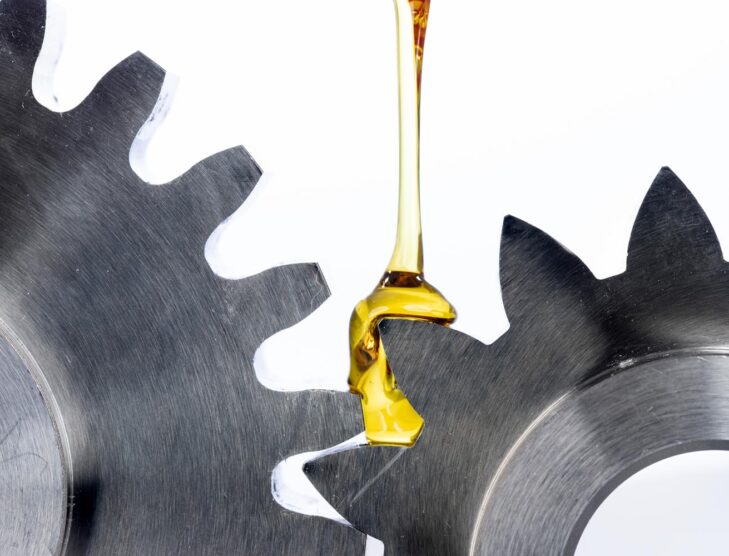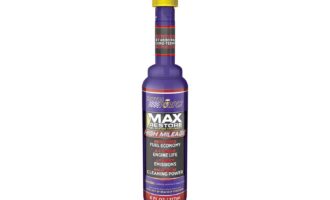
LANXESS introduces sustainable light-color sulfur carriers
German specialty chemicals company LANXESS is introducing sustainable light-color sulfur carriers within the Additin product family. Produced at the Mannheim site in Germany, the sulfur carriers are marketed under the LANXESS Scopeblue sustainability umbrella brand.
LANXESS created the Scopeblue label for products that either exhibit a sustainable raw material content of more than 50% or offer a carbon footprint of less than half that of their conventional counterparts. In accordance with the mass balance approach the products are chemically identical, i.e. new processes, tools or adaptions are not necessary.
“Sustainability is a key focus area and an increasingly important topic at LANXESS,” said Neelanjan Banerjee, head of LANXESS’s Lubricant Additives Business (LAB). “Not only do we have the right products in our portfolio to support our customers across applications and grow with them, we also offer them more sustainable, more environmentally friendly alternatives.”
The light sulfur-carriers are based on locally sourced renewable raw materials. They also meet the requirements of the “Lubricant Substance Classification”-list (LuSC) – the prime reference for formulators of lubricants who intend to apply for the EU Ecolabel. EU Ecolabel lubricants are more eco-friendly alternatives to conventional lubricants, aiming to decrease the impact of these products on biodiversity.
Sulfur-carrier additives of the Additin brand are light in color, low in odor and are mainly used in metalworking lubricants. They reduce wear on metal surfaces and prevent cold welding even under extreme conditions such as high pressure. Because of their beneficial eco-toxicological profile, light-color sulfur carriers are increasingly replacing other chemical substances such as chlorinated paraffins, which have been classified as “Substances of Very High Concern” (SVHCs) by the European Chemicals Agency (ECHA) due to their environmental persistence and high bioaccumulation potential.









